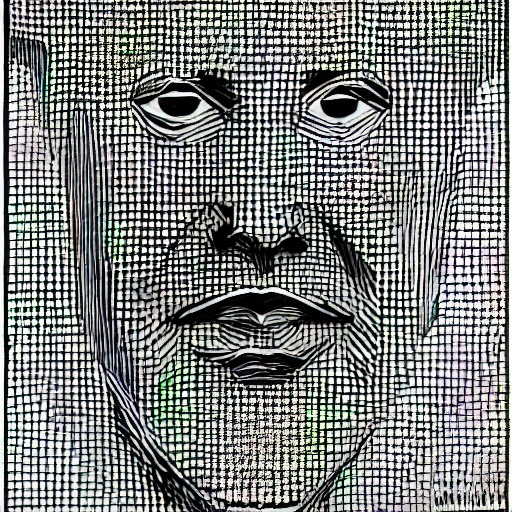I very strongly prefer dub, but no one I say it to gets it unless I explain it to them.
I’m American, fwiw. Formally I say “double you,” informally I say “dub.”
🦅🦅🦅🦅🦅🦅🦅🦅🦅🦅🦅🦅🦅🦅🦅
dubbuhlyou
Double you
In portuguese, we say “dáblio” (dah-bli-u)
I am fancy, so I say double ewe.
ew
Double yew.
Reilly: Dary, do you know how many dudes are jerking off to your girlfriend right now? Yew! Jonesy: Wait, I actually know the answer. Yew. Sixteen point one thousand. Yew!
🐑🐑
“I love sheep” ~ Richie Cunningham
I’m a silly lil guy so I pronounce it “Wubble Wu” for fun.
“Dibby dubs”
Double V (pronounced double vé, so it’s double you in English).
www is “double vé double vé double vé” in France, but often said “vévévé” in Switzerland. I believe that’s coming from the German speaking part of the country and adapted to French language.
Funny, opposite shortening in English - “double you double you double you” often becomes “dubdubdub”
Same in Denmark. I think it’s only English that’s weirdly pronouncing it as “double you”, even though the letter “W” is clearly two V’s 😁
When handwritten in English it’s typically the curvier U shape.
When talking about the letter of the alphabet, I say “double u”
When that letter occurs in a word, it’s pronounced with pursed lips and full throated vowel sound like in “water”
in english: double you in german: ve (german e, idk how to tell it to someone only knowing english)
German: sounds like “vay”
That’s something I’ve never understood about German or Russian. Both languages have letters that make the English w sound yet they have trouble with it? It’s not like the “th” sound which doesn’t exist in German so it makes no sense to me.
If you can pronounce the sound why can’t you pronounce it for w’s??
The German w sounds like the English v, while the German v sounds like the English (and German) f.
IPA of the German word “wir”: /viːɐ̯/
IPA of the English word “with”: /wɪθ/
I actually had to look it up, but in German the /w/ sound doesn’t really exist? In some dialects the “qu” string is pronounced as /kw/ [according to Wikipedia] but in most it’s pronounced as /kv/ - at least that’s how I’d pronounce it and I’m mostly talking in Standard High German.
I pronounce ‘M’ but upside down.
Because we say ‘double ewe’ and ‘dooblay vee’ and I find it unconscionable that we Canadians are forced to speak based on what font we are speaking in.
I speak spanish so for me is “doble u”
deleted by creator
George Dubya
In Dutch we pronounce it like “way”. It’s much shorter than double U.
But we make up for that with griekse y, korte ei and lange ij! All pronounced [ɛi], similar to ‘eye’.
That’s true! I’m honestly not sure why we need to have both ei and ij. Must be difficult for people learning the language.
It is also for those who grew up with the language. If I have no spellcheck, I sometimes just have to write it both ways and see which way feels ‘right’.
True, sometimes it’s really simple ones, too. And sometimes I do spell it correctly but when I reread it I start to doubt myself because the word looks weird. Even though I did spell it correctly.















